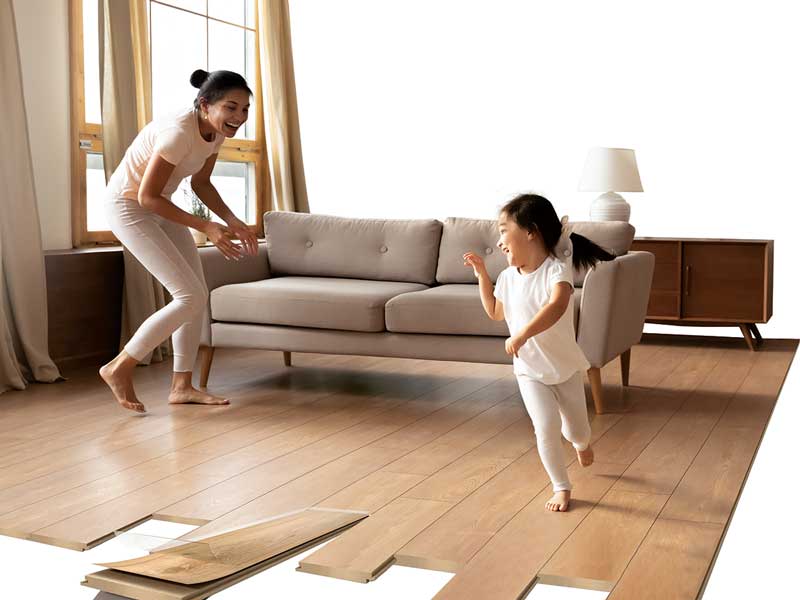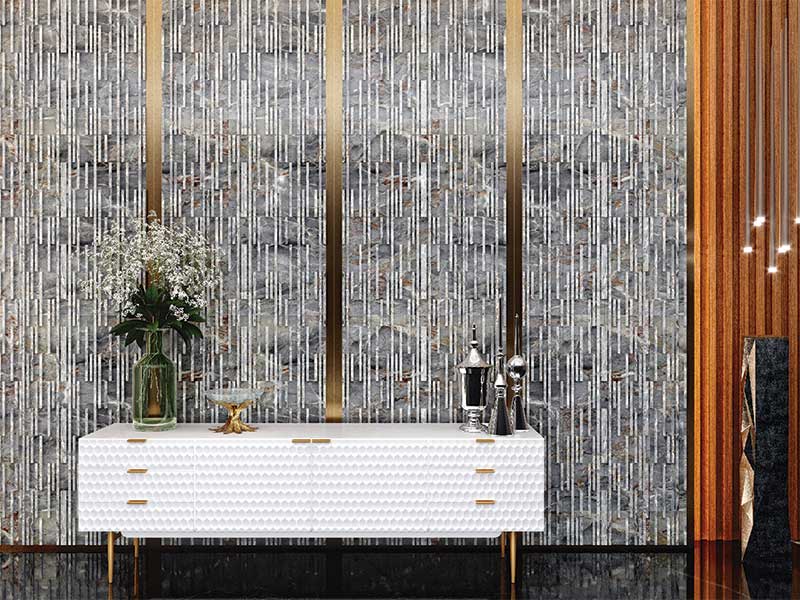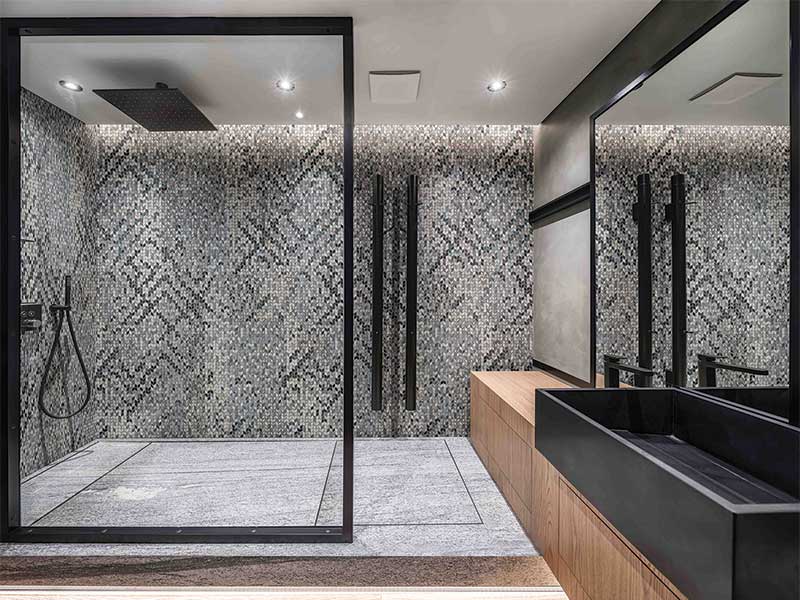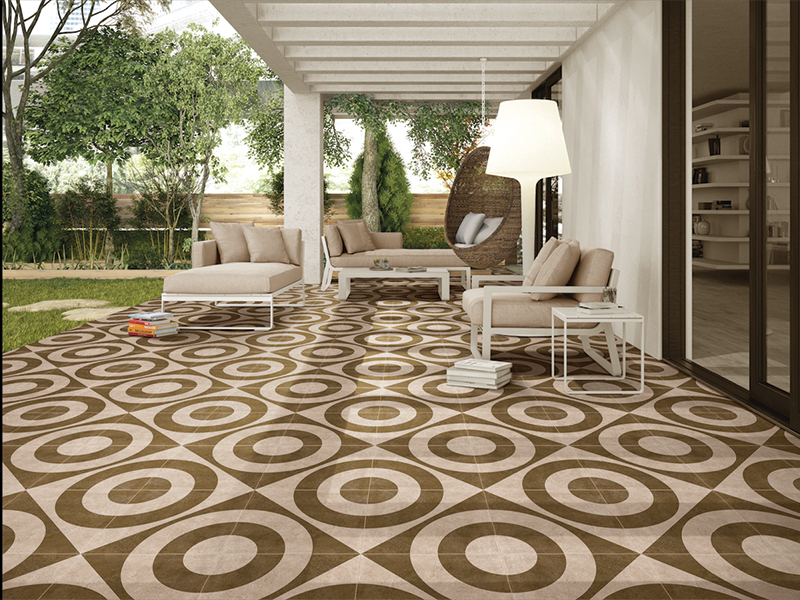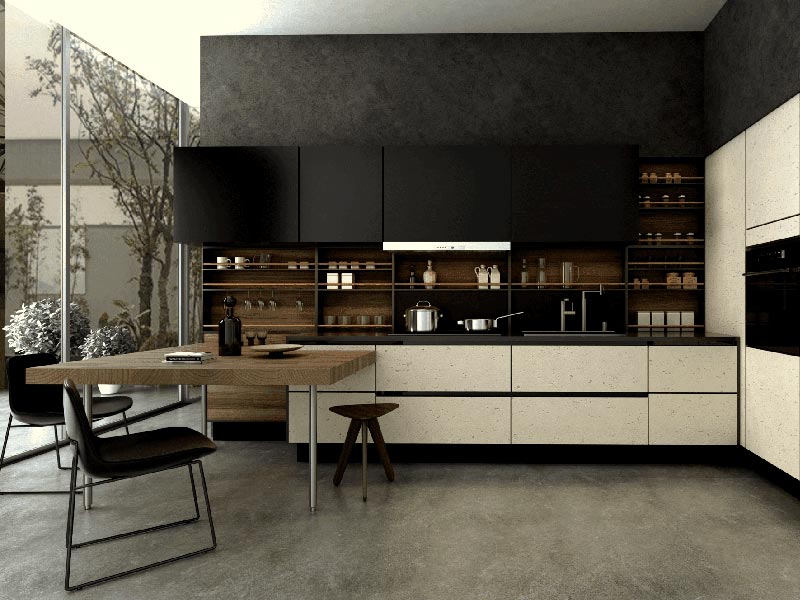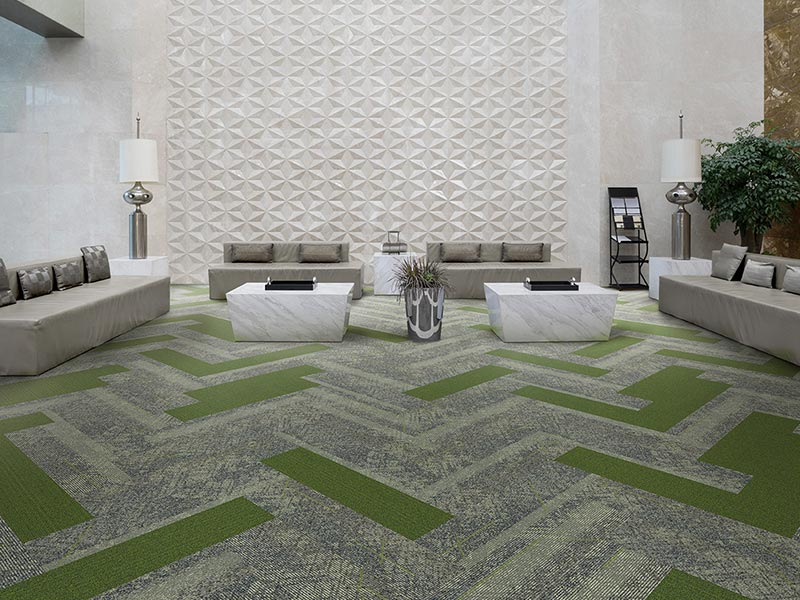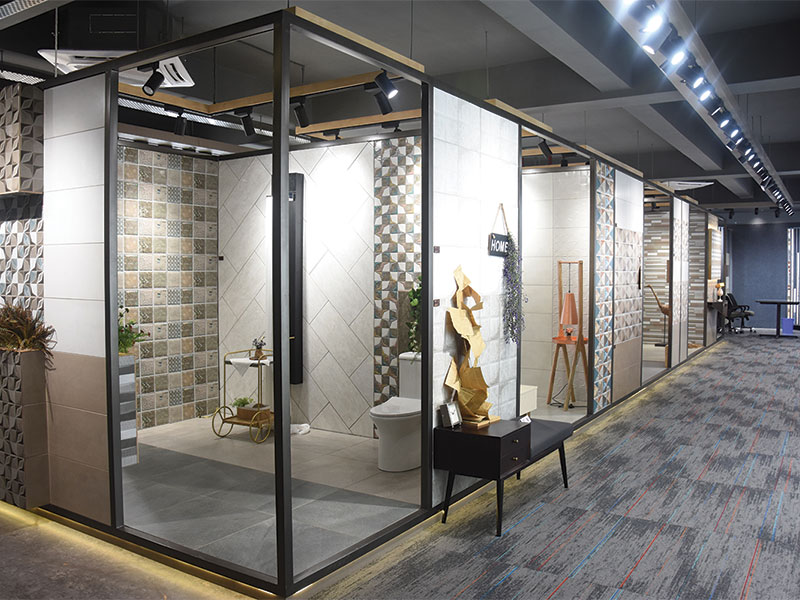
Forbo keeps on innovating products with only one motive: to make floors that are good for people, good for buildings, and good for the environment. Our efforts to create sustainable floor coverings are based on what we call CHO (committed to the health of one) Hardeep Singh, MD, Forbo Flooring India Pvt Ltd"

Sustainable flooring brands
Flotex, the textile-cum-resilient flooring has up to 58% of recycled and reused content, it is a sanitized flooring and has the seal of approval from the British Allergy Foundation. The Entrance Matting from Forbo under the brand name Coral & Nuway prevents 94% of the walk-in dirt and moisture, uses recycled yarn made from fishing nets and PET bottles. In this instance, using sustainable product delivers a sustainable performance too as Coral & Nuway reduce typical cleaning and maintenance costs by 70%.
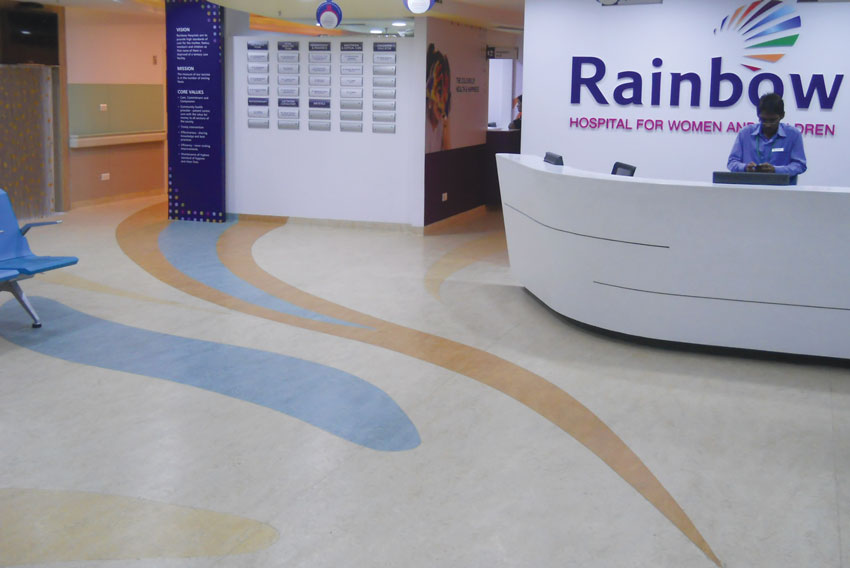
Similarly, our tufted Carpet Tiles under the brand name Tessera, have over 50% recycled content. The Econyle yarns for the pile are made from recycled waste materials while the backing is made of 78% recycled materials. Likewise, Forbo makes Vinyl uses recycled materials drawn from internal recycling schemes and post-consumer waste. The Luxury Vinyl Tiles under brand name Allura are phthalates-free, making it a healthy flooring option.
Forbo's sustainable manufacturing processes
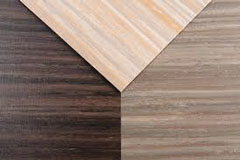
During production, our aim is to avoid creating any waste and to ensure that any waste that is generated is reused in the composition of the product. Recycling can be facilitated by identifying other products that could use the waste material generated during the production of the original product. This can be taken a step further to include the recycling of leftover materials from flooring installations, and even the post-consumer recycling of old floors that are being replaced.


